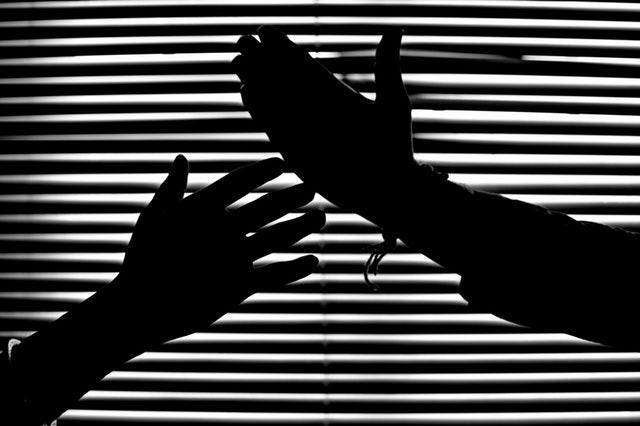“When we express ourselves, our bodies release a higher level of reward hormones, and we feel great. The more we talk, the better we feel.” “Our bodies start to crave that high, and we become blind to the conversational dynamics. While we’re being rewarded, the people we’re talking to might feel cut off, invisible, unimportant, minimized, or rejected…” psychologytoday blind-spots “The above exemplifies the eyeless example. The writer continues: “Stop assuming that others see what you see, feel what you feel, and think what you think (that is rarely the case). Your blind spots cause you to fail to recognize that emotions, such as fear and distrust, change how you and others interpret and talk about reality.” Pretty clear? The author offers a remedy: Don’t underestimate your propensity to have conversational blind spots. Start paying attention to and minimizing the time you “own” the conversational space. Share that space by asking open-ended discovery questions to…
